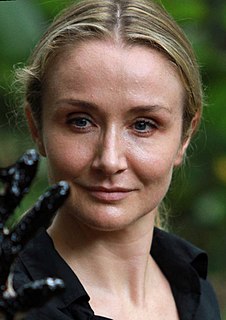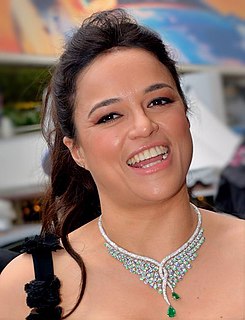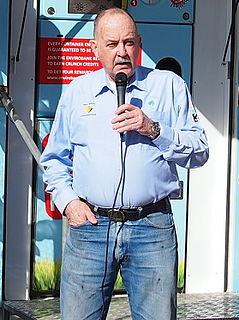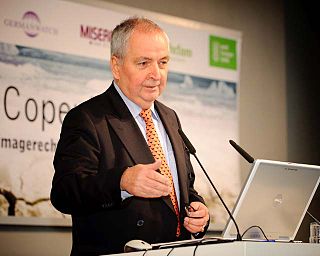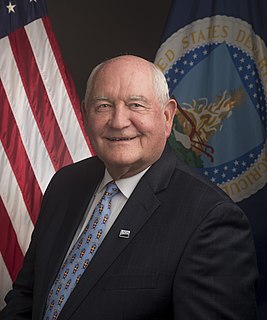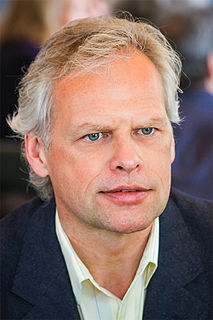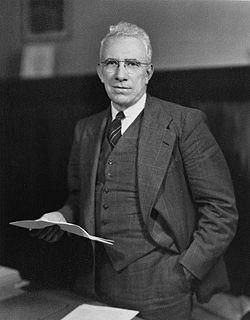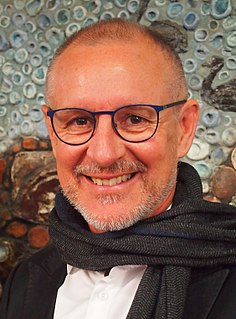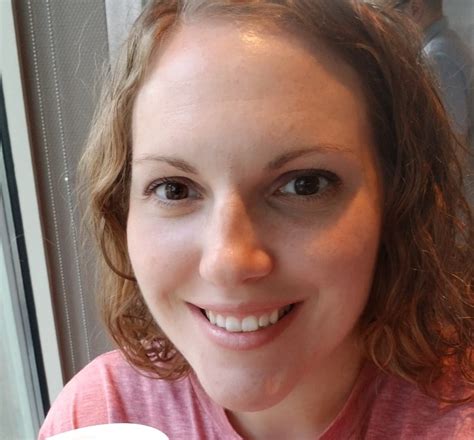1200 лучших цитат и поговорок о водных ресурсах
Изучите популярные о водных ресурсах .
Последнее обновление: 29 ноября 2024 г.
PFOA, PFOS - это реальная проблема, и люди должны быть обеспокоены этим, и системы водоснабжения должны быть обеспокоены этим. Но если вы сосредоточитесь только на этом, это может отвлечь ресурсы от других вопросов или проблем, которые водные системы отвлекли именно на это. И это не может быть огромной проблемой в каждом сообществе.
Вода, как и многие другие ресурсы, собирается, транспортируется и используется во всех аспектах жизни общества. В отличие от других ресурсов, вода имеет решающее значение для выживания всех форм жизни. Основной вопрос, лежащий в основе моего исследования, заключается в том, в какой степени мы можем формировать воду, прежде чем она начнет формировать нас.
Я верю, что вода станет определяющим кризисом нашего века — от засух, штормов и наводнений до ухудшения качества воды. Мы увидим крупные конфликты из-за воды и увеличение количества водных беженцев. Мы живем на водной планете, и если мы не будем защищать, управлять и восстанавливать этот ресурс, будущее будет сильно отличаться от того, что мы себе представляем сегодня.
Организация на самом деле является фабрикой по производству новых идей и связыванию этих идей с ресурсами — человеческими ресурсами, финансовыми ресурсами, ресурсами знаний, ресурсами инфраструктуры — в стремлении создать ценность. Это процессы, которые вы можете отобразить, с результатами, которые вы можете измерить.
Вода, как и многие другие ресурсы, собирается, транспортируется и используется во всех аспектах жизни общества. В отличие от других ресурсов, вода имеет решающее значение для выживания всех форм жизни. Основной вопрос, лежащий в основе моего исследования, заключается в том, в какой степени мы можем формировать воду, прежде чем она начнет формировать нас.
Слишком долго мы пытались поглотить наш путь к процветанию. Посмотрите на цену: загрязненные земли и океаны, изменение климата, растущий дефицит ресурсов от еды до земли и пресной воды, безудержное неравенство. Нам нужно изобрести новую модель; модель, которая предлагает рост и социальную интеграцию... которая более уважительно относится к ограниченным ресурсам планеты. Природа была добра к людям, но мы не были добры к природе.
Вода не сопротивляется. Вода течет. Когда вы погружаете в него руку, все, что вы чувствуете, это ласка. Вода не сплошная стена, она вас не остановит. Но вода всегда идет туда, куда хочет, и ничто, в конце концов, не может ей противостоять. Вода терпелива. Капающая вода точит камень. Запомни это, дитя мое. Помните, что вы наполовину вода. Если вы не можете преодолеть препятствие, обойдите его. Вода делает.
С ростом населения мира, глобальным изменением климата и потребностью в более здоровой окружающей среде доступ к водным ресурсам стал решающим условием для реализации справедливого международного порядка, при котором потребности народов эффективно удовлетворяются. В этом отношении потребность в международном сотрудничестве, в том числе в совместных усилиях с соответствующими негосударственными субъектами, имеет первостепенное значение для обеспечения того, чтобы вода была доступна для всех без дискриминации. Вода — это право человека, право, которое дает возможность, а не просто товар.
Вода, вода, вода... В пустыне нет недостатка в воде, но в точном количестве, идеальном соотношении воды и камня, воды и песка, обеспечивающем широкое свободное пространство, щедрое пространство между растениями и животными, домами. и поселки и города, что отличает засушливый Запад от любой другой части страны. Здесь нет недостатка в воде, если только вы не попытаетесь основать город там, где его быть не должно.
Человек несет ответственность за то, чтобы очистить свое пространство и сделать его пригодным для жизни, насколько позволяют его собственные ресурсы. Это включает в себя не только материальные ресурсы, но и психологические ресурсы: посвящение времени и части вашего разума чему-то, когда вы предпочитаете заниматься чем-то другим.
Когда ресурсы деградируют, мы начинаем конкурировать за них, будь то на местном уровне в Кении, где у нас были межплеменные столкновения из-за земли и воды, или на глобальном уровне, где мы боремся за воду, нефть и полезные ископаемые. Таким образом, одним из способов укрепления мира является содействие устойчивому управлению и справедливому распределению ресурсов.
Истинное сохранение предусматривает разумное использование широкой публикой. Американский народ не хочет, чтобы наши ресурсы были сохранены для исключительного использования богатыми. Эти земельные и водные ресурсы принадлежат народу, и люди с любым уровнем доходов должны иметь к ним свободный доступ.
Власть обычно определяется как контроль над ресурсами и контроль над доступом к ресурсам, что часто означает контроль над другими людьми, потому что мы думаем о таких вещах, как финансовые ресурсы или жилье, или даже любовь и привязанность, но у нас также есть ресурсы, которые мы иногда можем использовать. не получить доступ.
Что мы можем сделать как ландшафтные архитекторы, так это посмотреть, как мы можем использовать материалы с максимальной выгодой и наши ресурсы, такие как вода. Вода настолько ценна, что мы не можем тратить ее впустую, мы должны использовать ее в небольших количествах, и мы должны использовать ее эффективно.













